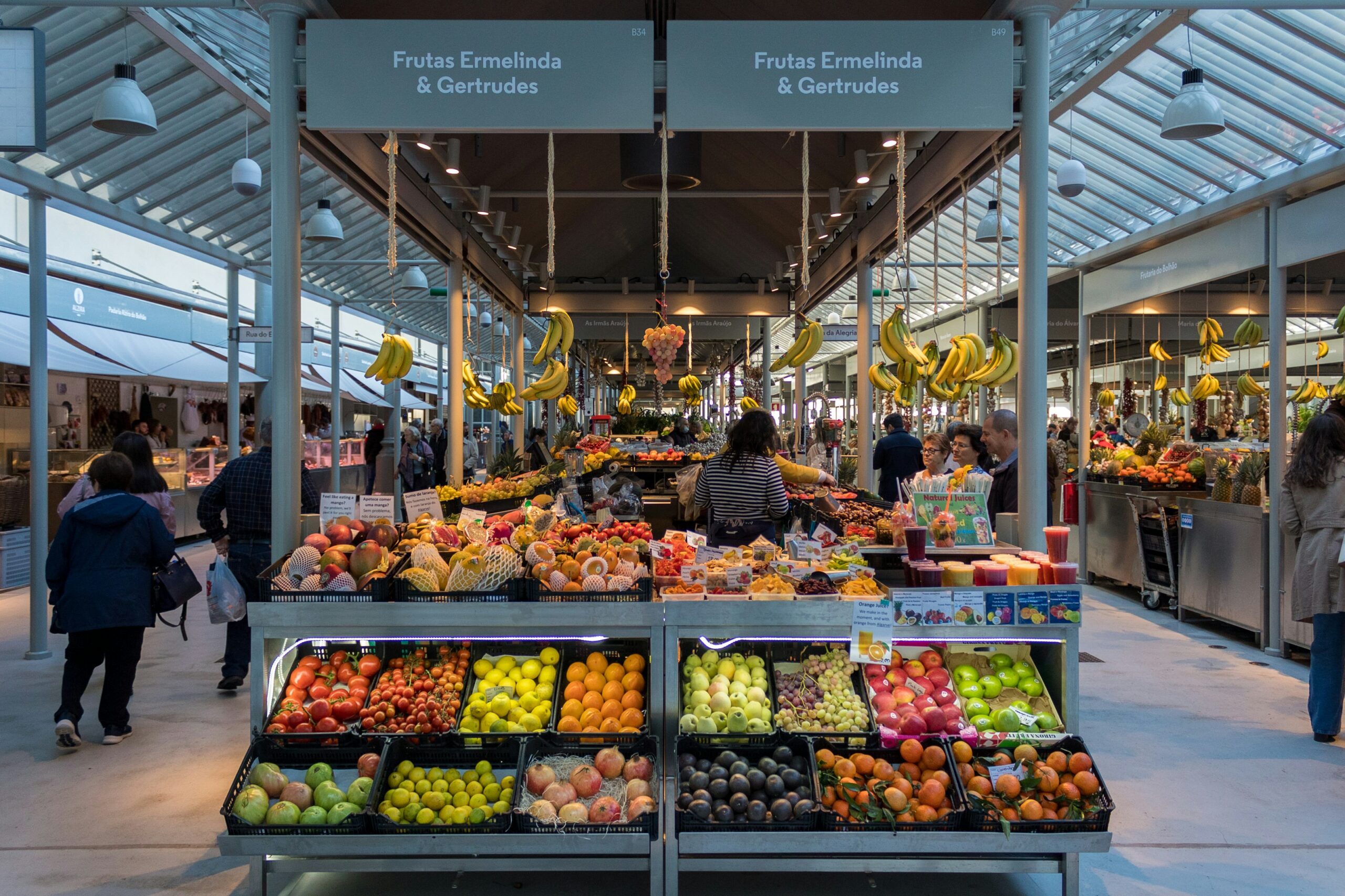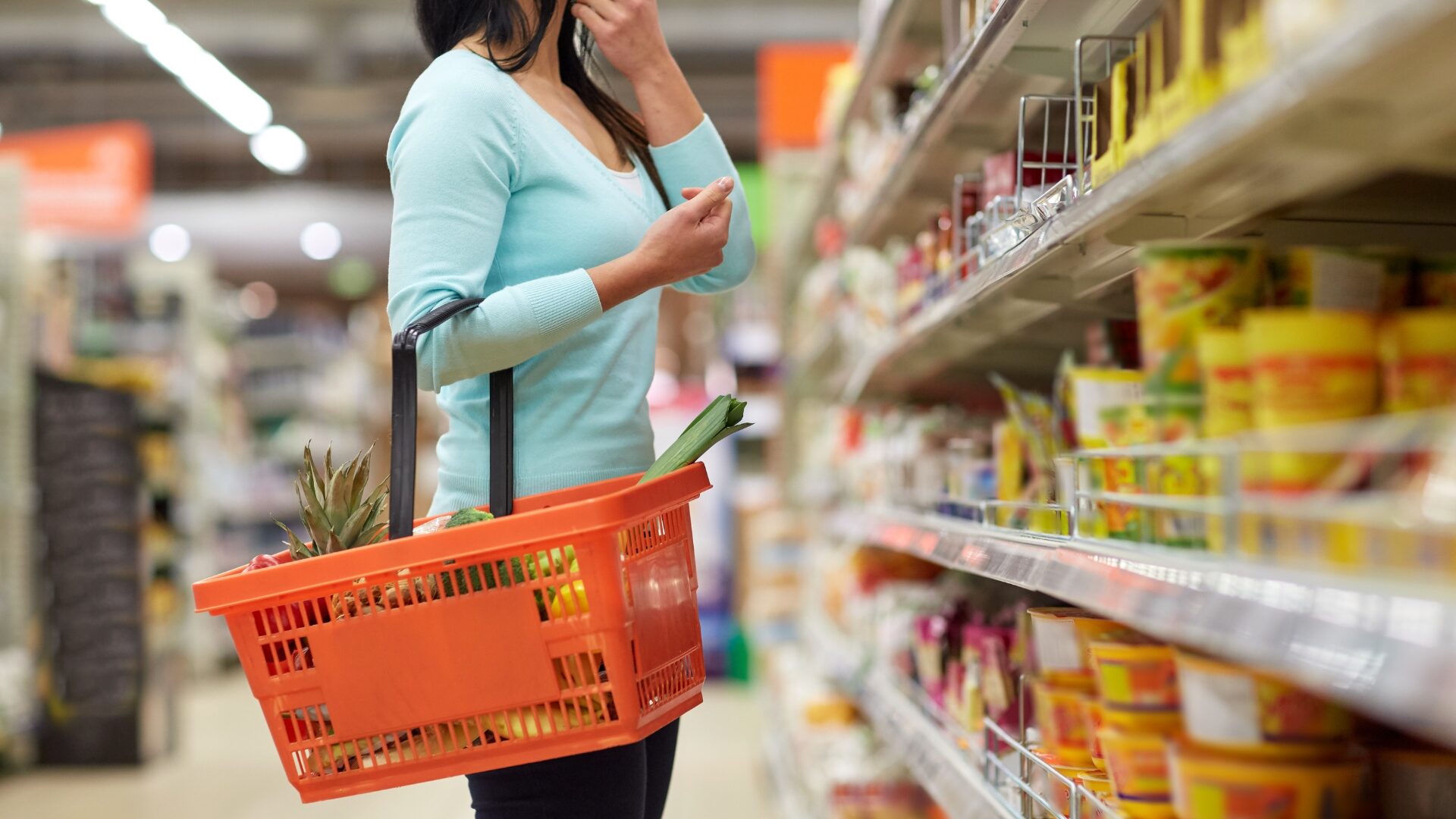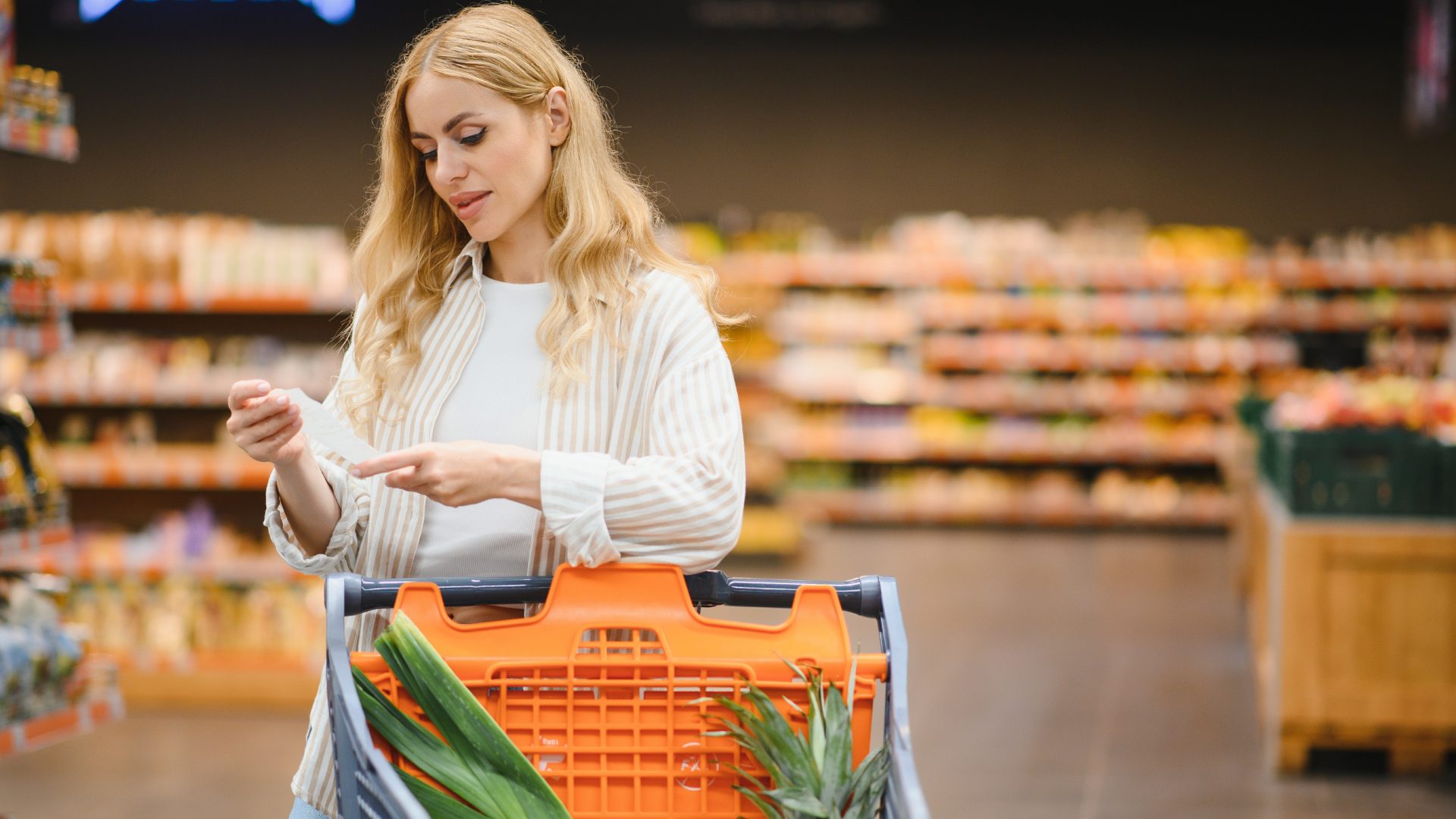The latest driver in consumer spending? Climate change.
That’s according to the latest findings from Kroger data partner 84.51°, which reveals that more than half of U.S. shoppers are concerned about climate change. Furthermore, 19% of shoppers say they frequently seek out sustainable products and 22% of shoppers find sustainability very important when choosing which products to purchase.
Reinforcing this notion is a slew of data from and new research by Innova Market Insights. Consumers in the U.S. and Canada say that they are willing to pay more for products that practice eco-friendly sustainability and ethics in their development, packaging, and sale of products, particularly around animal cruelty and ocean pollution.
Consumers also think about how plant-based diets impact the environment and say they want more plant-based meal options.
Among Kroger shoppers, Millennials (68%) are the most concerned with climate change, followed by Gen X (57%) and baby boomers (50%).
How Consumers Address Sustainability Concerns
Data from 84.51° shows that paper products (59%) and household cleaning supplies (55%) are the top categories where consumers seek sustainable options. Within food and beverage, shelf-stable items ranked highest, followed by dairy products (33%).
Here are the leading ways in which consumers strive to shop sustainably:
- Buy local and seasonal produce: 49%
- Bring reusable packaging to use while shopping: 45%
- Avoid single-use plastic: 37%
- Buy sustainability farmed products: 22%
This sentiment is also echoed in major foodbev brands. Starbucks is one of the most recent and ubiquitous brands to change their practices to attract more consumers; earlier this month, Starbucks announced a new initiative with its cold cups, which will use far less plastic than in the past. Most of Starbucks’ sales are now from cold coffee, and its new sustainable cups cut plastic use by up to 20%, which will save more than 13 million pounds of plastic from the landfill each year.
Economic Pressure Creates Conflict of Interest
Despite a growing desire to shop sustainably, however, U.S. consumers remain challenged by inflation, food security, and nutrition.
Per 84.51°data, 45% of respondents said offering discounts for bringing reusable bags is the most helpful way encourage more sustainable shopping behaviors.
Other leading incentives include:
- Offering discounted soon-to-expire food: 34%
- Recycling or composting: 27%
- More promotions or coupons for sustainable products: 27%
“Cost of living continues to go up in North America and this helps drive focus on food and beverage cost and value among consumers,” noted the Innova report authors.
“Concern about cost and value is particularly important when considering consumer interest in and willingness to pay for sustainable products.”












